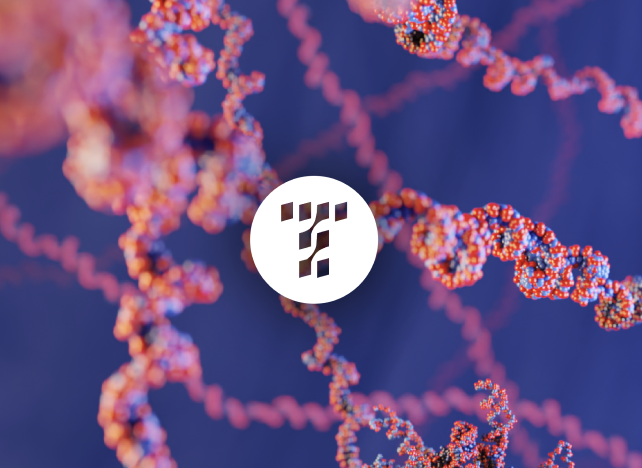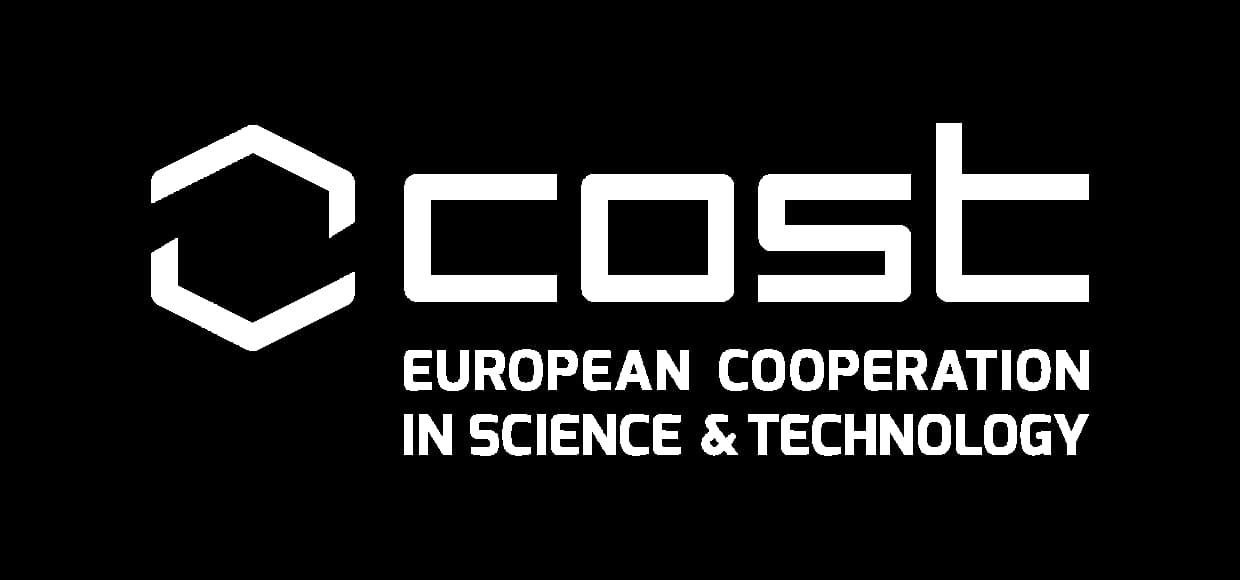Objectives

TRANSLACORE aims to progress beyond the state-of-the-art by building a strong and dynamic consortium dedicated to the transfer of basic scientific findings in the growing field of protein synthesis into medical applications
Related tags:
SHARE



